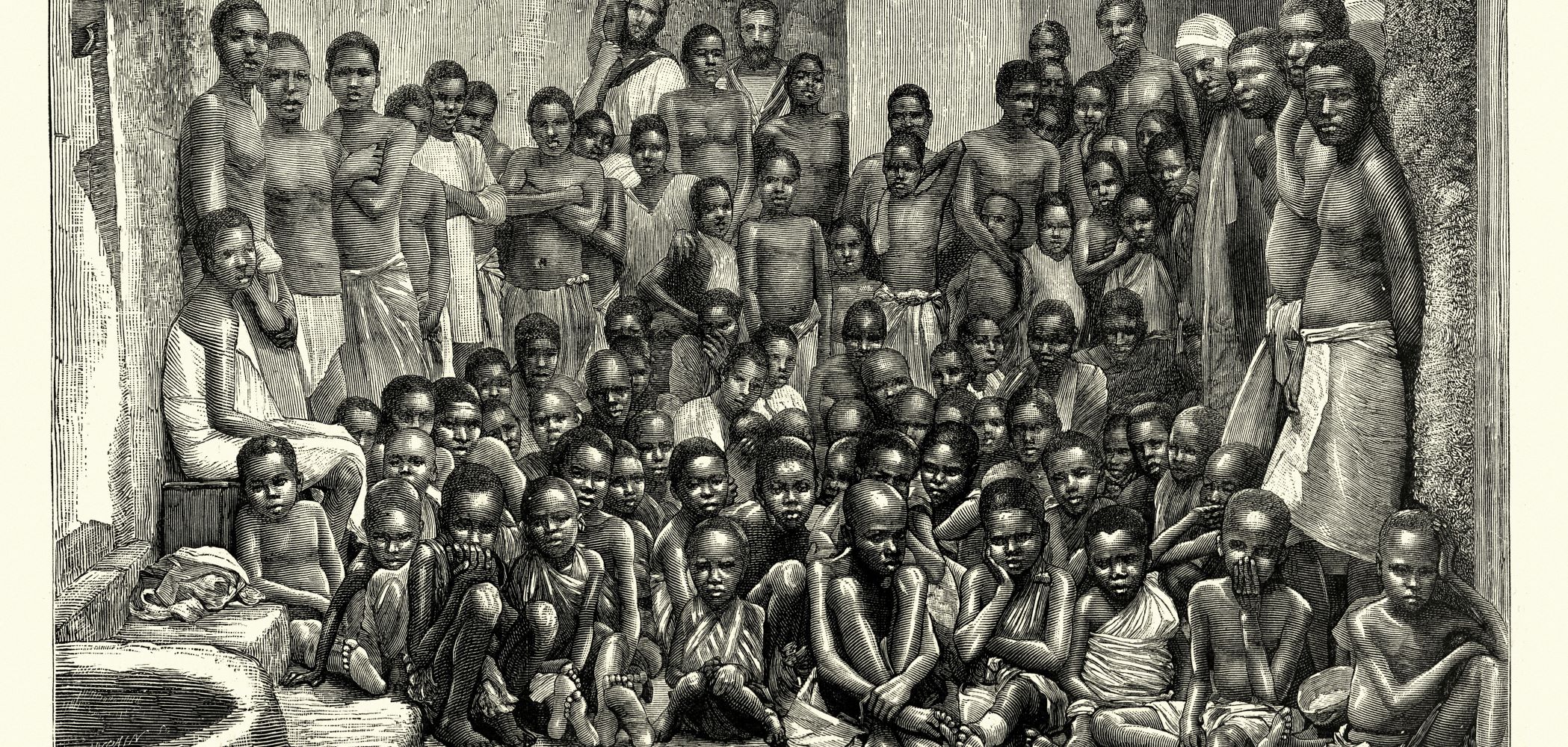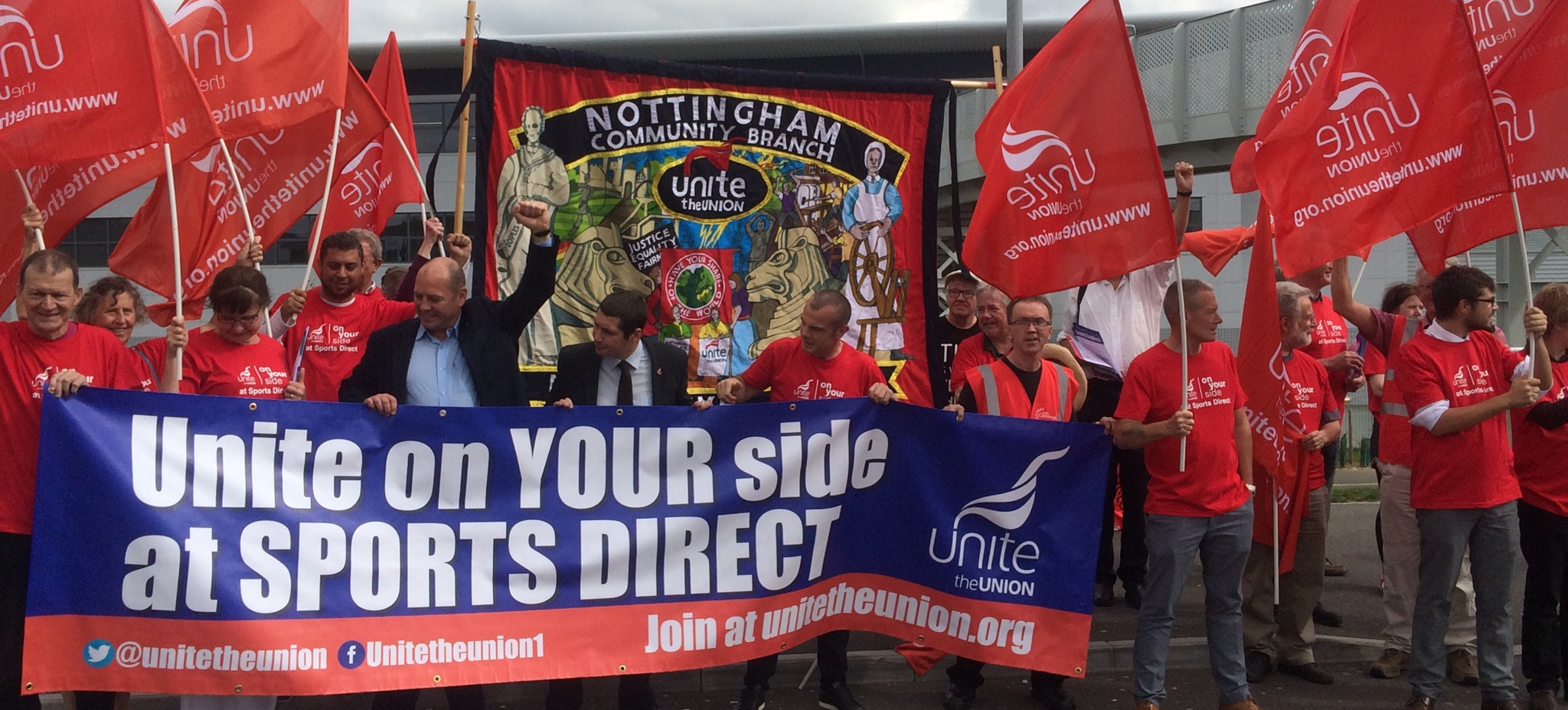‘Nail on the head’
The depth of labour exploitation in the UK was laid bare today (May 8) in a report highlighting shocking practices – including slavery – in a number of sectors.
The report by the Gangmasters and Labour Abuse Authority (GLAA) marks one year since the Authority’s powers were first expanded to investigate sectors across the economy. Before, the public body was only allowed to investigate abuse in the food, agriculture and shellfish industries.
Nail bars, car washes and construction were among the top sectors most at risk of modern slavery, according to the GLAA, with reported cases of slavery increasing 35 per cent year on year.
The victims of slavery and other forms of work exploitation were mostly Vietnamese, Albanian and increasingly British — the number of British workers being abused has gone up by 362 per cent.
Organised crime is behind much of modern slavery in the UK today, with Romanian and British people forming the majority of offenders. Albanian organised crime has been implicated in much of the abuse in car washes.
Debt bondage is another tactic often employed in the abuse of workers, who are forced to work off debts that they cannot control.
The report highlighted that “wages and bank accounts are often controlled by the exploiter, who pays for workers costs, then withdraws money from their wages / accounts until their debt is paid; the victim is often unaware of how much money they owe.
“Other deductions for travel, rent and food may also be taken. These debts accrue interest and may never feasibly be repaid. Exploiters may also apply for benefits fraudulently.”
Construction
Unite welcomed the report by the GLAA, which shone a spotlight on abuse in the construction sector in particular. It identified some of the problems Unite has long pointed out as being pervasive and growing concerns.
The report pointed out that the “often convoluted supply chains in the industry makes identifying potential exploitation and ending illegal practices challenging.”
The GLAA said that “widespread use of self-employment” was the “preferred contracting arrangement in this sector, with a direct link to exploitation.”
“Despite being registered as self-employed, many workers will have in fact worked exclusively for one company for many years,” the reported noted. “Furthermore, the manner in which workers are directed to undertake work is unlikely to meet the criteria to be correctly defined as self-employed.”
Very low wages – sometimes as little as £5 a day – and even failing to be paid at all were common abuse problems in construction, as were health and safety concerns.
The GLAA noted that victims of modern slavery are much more likely to be injured or killed at work because they are not properly trained or licensed in machinery operation; problems with fire safety had also been reported.
Unite assistant general secretary Gail Cartmail praised the report for raising the various factors contributing to abuse in the construction sector.
“This important and authoritative report from the GLAA â€hits the nail on the head’ when it comes to identifying how and why exploitation occurs in the construction industry,” she said.
“The report is entirely right to identify that not only does false self-employment deny workers basic employment rights but by barring them from receiving holiday and sick pay, these workers are automatically being exploited and further abuses are likely.
Cartmail said that that the report was also right to highlight that “extended and convoluted supply chains makes identifying who is a worker’s real employer very difficult” and she added that “the use of exploitative payment methods such as umbrella companies makes these matters even more confusing.”
She urged both government and industry to study the report carefully as “the current status quo is clearly not acceptable. Employers must reform working practices to ensure that the unscrupulous cannot exploit workers and the government should be forcing employers to take such appropriate action.
“Unite is committed to tackling exploitation in any form whenever it is identified,” she went on to say. “We will be stepping up our activities in the coming months and naming and shaming companies that are allowing exploitation on their sites. The conspiracy of silence must end.”
Unite has been instrumental in the expansion of the GLAA’s powers and is calling for the body to be properly resourced so it can continue to investigate abuse and bring exploitative workers to justice.
 Like
Like Follow
Follow


